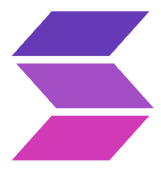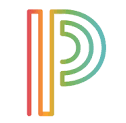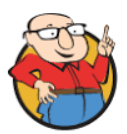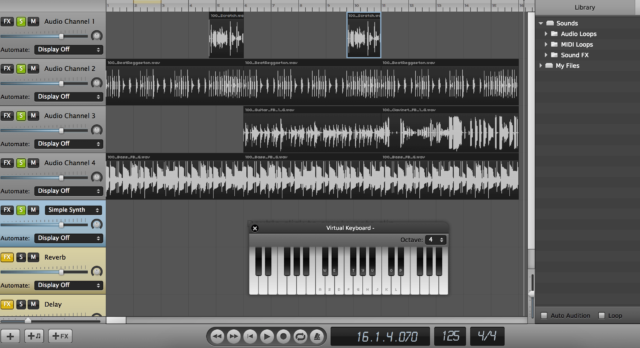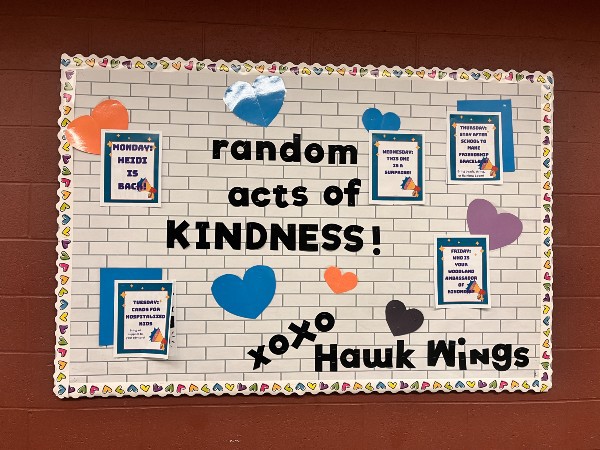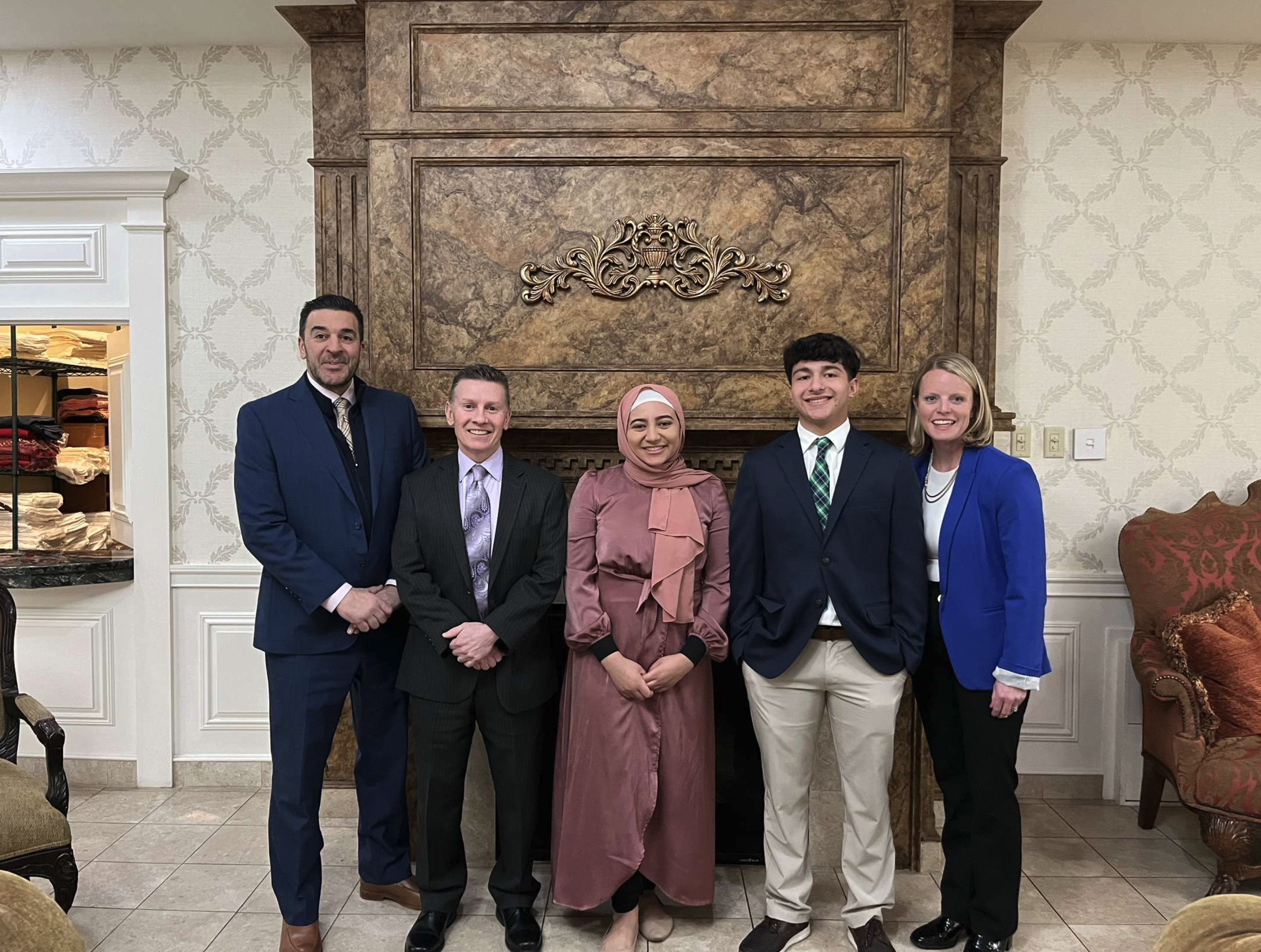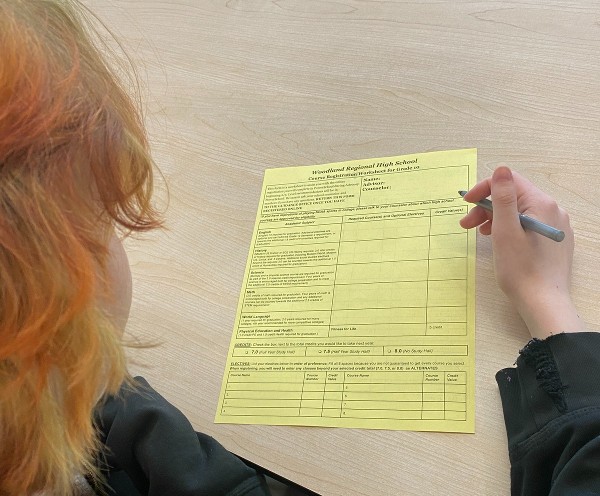When Woodland Regional opened 16 years ago technology was a limited resource in the Fine Arts department which created a barrier for the students to compose and create. Now, all that has changed.
During the early years of Woodland’s Fine Arts department, music notation software such as “Finale” were offered along with controller keyboards and digital samplers so students would be able to use workstations in school.
As technology slowly progressed, opportunities for innovation in the music department changed. In 2005 devices called Palm Pilots, small personal assistants that pre-dated smartphones and worked like bluetooth recorders, were used for recording music. This allowed students to save their music and listen to it to make personal corrections. Dedication amongst the students was not an issue; however, resources for students to independently create music to share with their peers had been.
Woodland Regional’s music director, Sean Lewis has been working at Woodland since the school opened. He has been teaching multiple different classes as courses which are added and cut depending on students interests.
The core offerings consist of band, choir, and music theory. Lewis agreed technology was a limited source, which has changed the music industry. Some of the new advancements in technology have changed the music industry. Software programs such as Adobe Audition, Sibelius, Noteflight, and Soundation have brought the power of music studios to student laptops.
Adobe Audition and Sibelius are more advanced music notation programs. While using these programs the students can create pieces of music and work with other composers to better their own work. Noteflight and Soundation are cloud based programs which are offered on devices such as chromebooks. This type of technology allows the students independence to work on their own in their free time or at home.
As Woodland’s music director, Lewis noted that performing differs from playback.
“Being in the moment on stage is a very different experience than becoming the observer and listening to your music back,” said Lewis.
With the technology in the fine arts department growing, and constantly changing students are now offered resources that give them more options and better insight on their music. Enhancements of learning apply. To both students and staff, Mr. Lewis mentioned how great of a feeling it is when he is able to learn as much from his students, as they learn from him, with these types of technology learning is a two-way street.
“Digital music allows the students to create real music, in real time,” said Lewis. “These kinds of software can offer such an immense benefit, that gives real musicians a different quality and characteristic and a different feel.”




